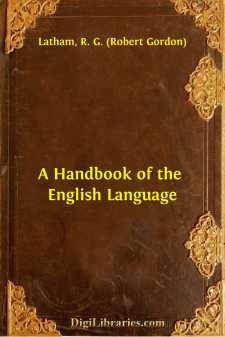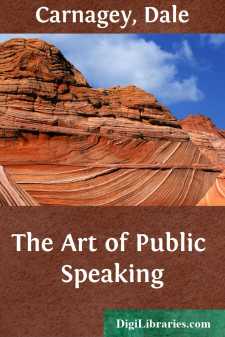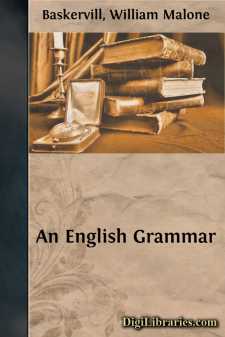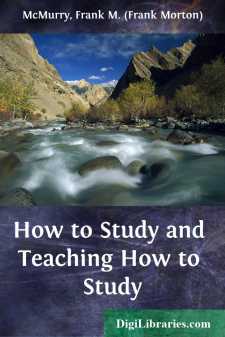Categories
- Antiques & Collectibles 13
- Architecture 36
- Art 48
- Bibles 22
- Biography & Autobiography 815
- Body, Mind & Spirit 144
- Business & Economics 28
- Children's Books 18
- Children's Fiction 14
- Computers 4
- Cooking 94
- Crafts & Hobbies 4
- Drama 346
- Education 58
- Family & Relationships 59
- Fiction 11834
- Games 19
- Gardening 17
- Health & Fitness 34
- History 1378
- House & Home 1
- Humor 147
- Juvenile Fiction 1873
- Juvenile Nonfiction 202
- Language Arts & Disciplines 89
- Law 16
- Literary Collections 686
- Literary Criticism 179
- Mathematics 13
- Medical 41
- Music 40
- Nature 179
- Non-Classifiable 1768
- Performing Arts 7
- Periodicals 1453
- Philosophy 65
- Photography 2
- Poetry 896
- Political Science 203
- Psychology 44
- Reference 154
- Religion 515
- Science 126
- Self-Help 85
- Social Science 83
- Sports & Recreation 34
- Study Aids 3
- Technology & Engineering 59
- Transportation 23
- Travel 463
- True Crime 29
Our website is made possible by displaying online advertisements to our visitors.
Please consider supporting us by disabling your ad blocker.
A Handbook of the English Language
Categories:
Description:
Excerpt
CHAPTER I.
GERMANIC ORIGIN OF THE ENGLISH LANGUAGE.—DATE.
§ 1. The first point to be remembered in the history of the English language, is that it was not the primitive and original tongue of any of the British Islands, nor yet of any portion of them. Indeed, of the whole of Great Britain it is not the language at the present moment. Welsh is spoken in Wales, Manks in the Isle of Man, and Scotch Gaelic in the Highlands of Scotland; besides which there is the Irish Gaelic in Ireland.
§ 2. The next point to be considered is the real origin and the real affinities of the English language.
Its real origin is on the continent of Europe, and its real affinities are with certain languages there spoken. To speak more specifically, the native country of the English language is Germany; and the Germanic languages are those that are the most closely connected with our own. In Germany, languages and dialects allied to each other and allied to the mother-tongue of the English have been spoken from times anterior to history; and these, for most purposes of philology, may be considered as the aboriginal languages and dialects of that country.
§ 3. Accredited details of the different immigrations from Germany into Britain.—Until lately the details of the different Germanic invasions of England, both in respect to the particular tribes by which they were made, and the order in which they succeeded each other, were received with but little doubt, and as little criticism.
Respecting the tribes by which they were made, the current opinion was, that they were chiefly, if not exclusively, those of the Jutes, the Saxons, and the Angles.
The particular chieftains that headed each descent were also supposed to be known, as well as the different localities upon which they descended. These were as follows:—
First settlement of invaders from Germany.—The account of this gives us A.D. 449 for the first permanent Germanic tribes settled in Britain. Ebbsfleet, in the Isle of Thanet, was the spot where they landed; and the particular name that these tribes gave themselves was that of Jutes. Their leaders were Hengist and Horsa. Six years after their landing they had established the kingdom of Kent; so that the county of Kent was the first district where the original British was superseded by the mother-tongue of the present English, introduced from Germany.
Second settlement of invaders from Germany.—A.D. 477 invaders from Northern Germany made the second permanent settlement in Britain. The coast of Sussex was the spot whereon they landed. The particular name that these tribes gave themselves was that of Saxons. Their leader was Ella. They established the kingdom of the South Saxons (Sussex or Suð-Seaxe); so that the county of Sussex was the second district where the original British was superseded by the mother-tongue of the present English, introduced from Germany.
Third settlement of invaders from Germany.—A.D. 495 invaders from Northern Germany made the third permanent settlement in Britain....















